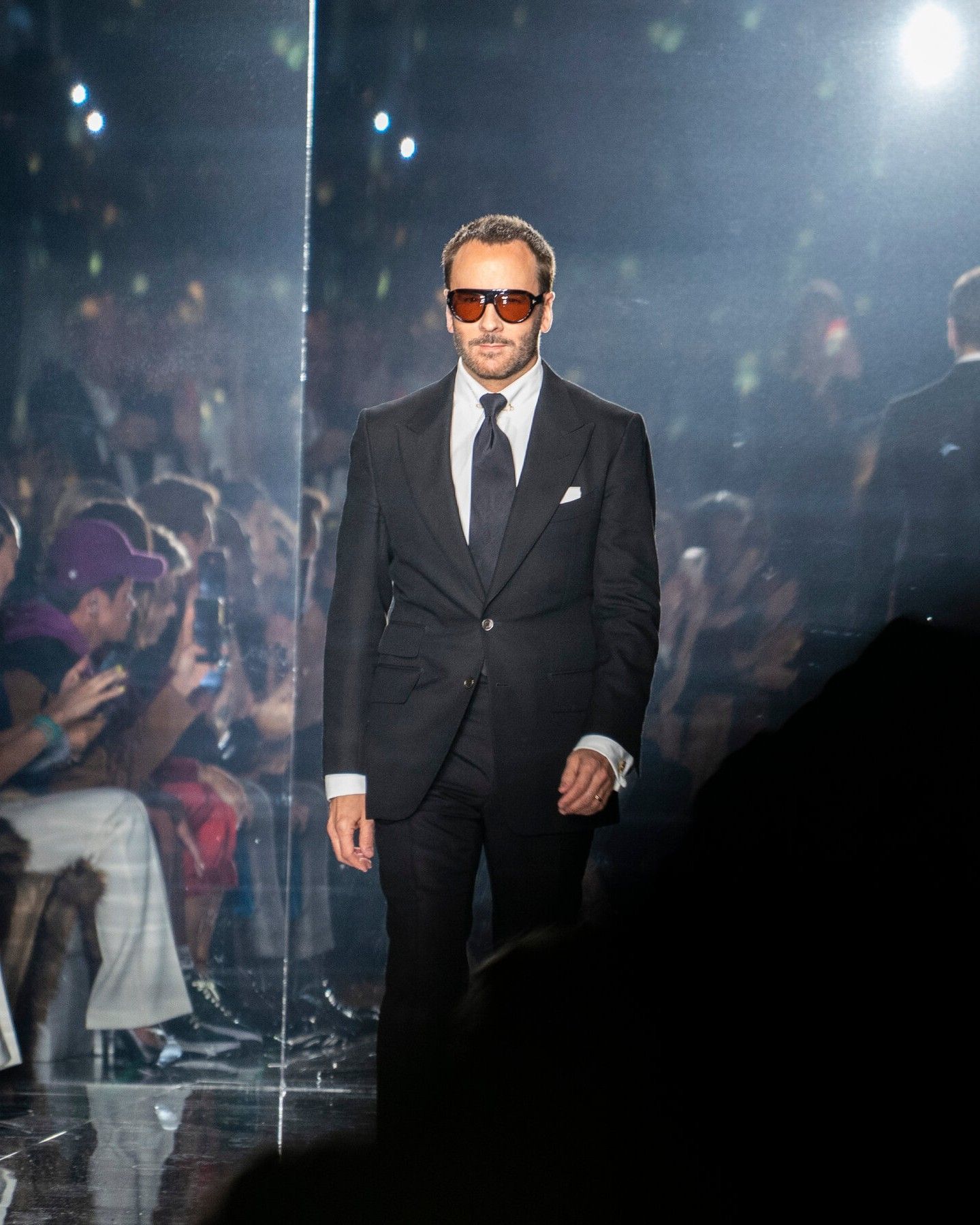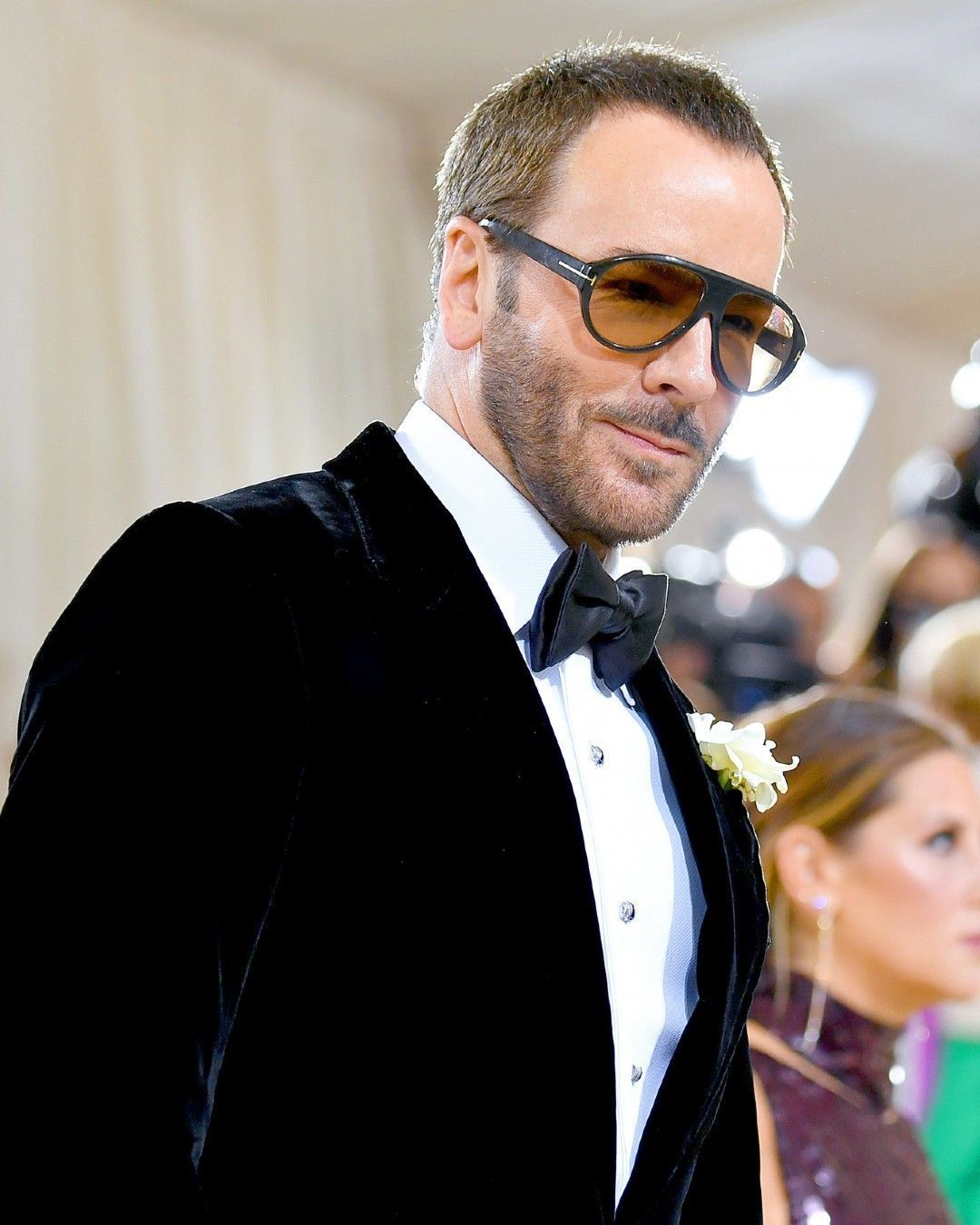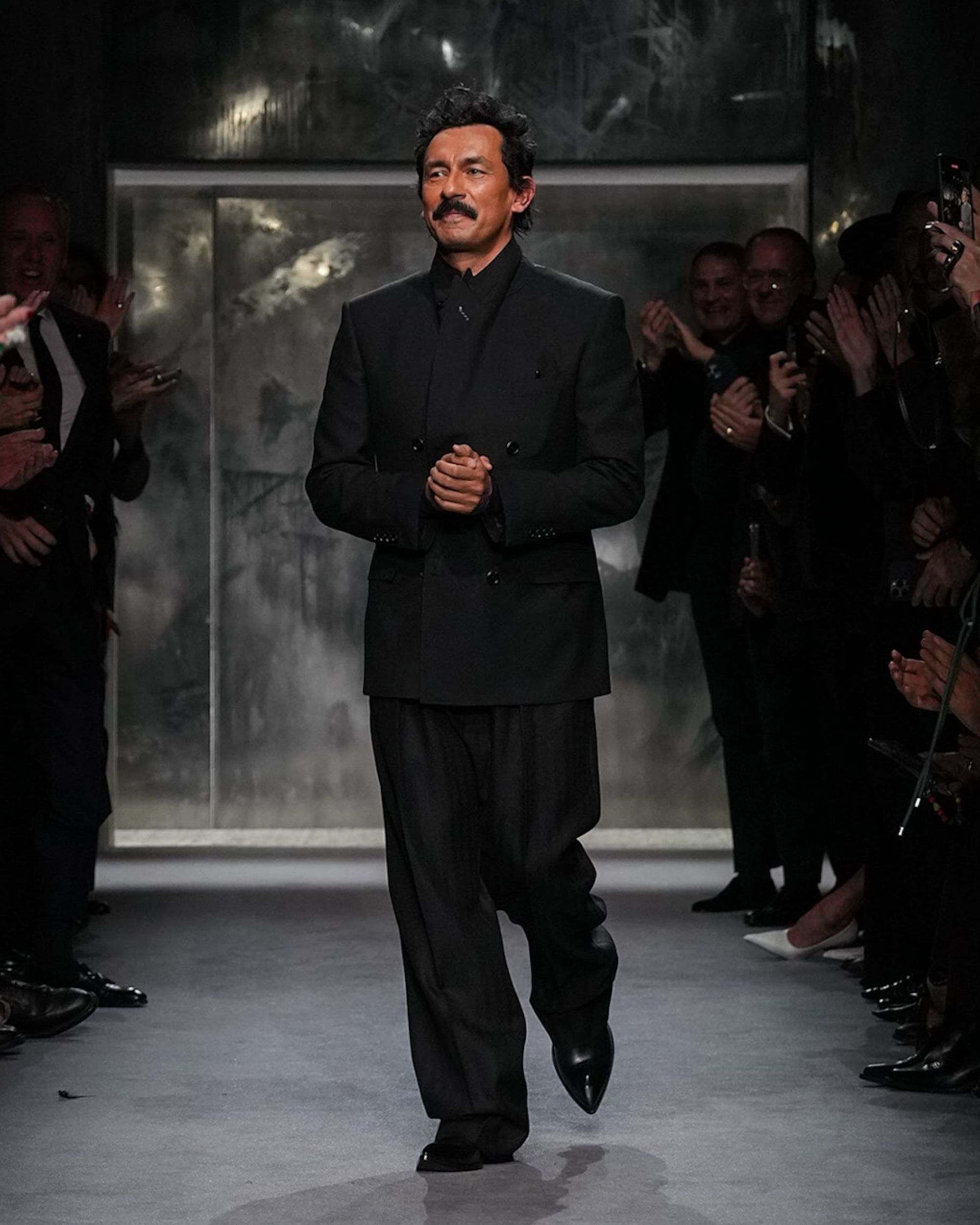
Whose legacy of legacy brands? Tom Ford is just the latest case
Yesterday Tom Ford announced the release of his last collection, a swan song that contained all his best designs from the past 13 years before his final retirement from the brand. During those 13 years Ford built a remarkable and profitable empire that will now continue without him with the support of investors who shared its three main areas: Estèe Lauder will take the cosmetics, Marcolin the eyewear, and the Zegna Group the clothing. These three investors had already been producing Tom Ford's collections practically forever, so now a certain continuity will be guaranteed, especially since it is rumored that longtime menswear director Peter Hawkings is expected to rise as the new creative director. No less, Ford's is the most recent case of a founder leaving the brand that bears his name and, in essence, ceding the latter's commercial rights to others. This phenomenon is by no means new in fashion: Louis Vuitton, Chanel, Dior, and Saint Laurent are just a few of the historic brands that have outlived their founders, carrying on their names over time. Nevertheless, when we approach the present, things get complicated, especially when a brand's founder is alive and well but lacks the rights to his or her name - Jil Sander and Tom Ford are perfect examples, as are also Thierry Mugler and John Galliano (LVMH has the rights to the latter but production has been discontinued for decades) but also Martin Margiela. Until recently, Ann Demeulemeester was also part of this club, but the acquisition of the brand by Antonioli, a friend of the designer and her family, has created a revival that, even without the founder's direct involvement, is nonetheless taking place under her auspices and tacit approval.
The strangest case of all, however, remains that of Karl Lagerfeld whose name, in addition to Chloé, Fendi, and Chanel, is also linked to an eponymous brand that over time has turned into a sort of merch of the late designer, complete with themed puppets. If when Lagerfeld was alive the contrast between Chanel and his brand was as jarring as ever, especially considering how the brand had turned the designer's image into a kind of children's mascot, the fact that the brand continues to produce clothes with all-over logos, embroidery with the name "Karl," and all sorts of products bearing caricatures of the designer's features is simply strange. The kind of contradiction that exists here, and which others have pointed out in the past, is that Lagerfeld in his lifetime said things like «Sweatpants are a sign of defeat» when his brand still produces sweatpants with his last name gigantographed on them. And while in a great many cases, as in Margiela's, the new owners have shown respect, removing the designer's name from the logo, for example, and producing collections in the spirit of their founder working with a designer like Galliano, in others things have been very different. A teenager or 20-something today, for example, will identify Helmut Lang as a brand that produces hoodies and logoed t-shirts, not knowing that until 2004 Helmut Lang was one of the biggest names in the fashion world and, more importantly, that he would have never, ever produced logoed garments.
These and other cases sadly demonstrate how often turning a founder's name into a commercial brand can prove profitable with the obvious risk that everything that had made this or that brand iconic will be diluted and marketed to exhaustion - to the point where the brand in question becomes completely unrecognizable. Raf Simons, aware of this, shut down his brand once and for all so as to prevent his name from being resurrected in the form of a "fashion zombie." Becoming a fashion zombie never helps the prestige of the brand itself: recently Timothée Chalamet wore on the red carpet a vest from Helmut Lang's SS98, a piece that for all intents and purposes can be considered worthy of the best collector, but no stylist in his right mind would have made him wear something from the new Helmut Lang. In the same way at the upcoming Met Gala dedicated to Lagerfeld's work we are sure to see plenty of Chanel and Fendi gowns, even Chloé's, but we would be extremely surprised (not to say shocked) if any guest were to show up wearing Lagerfeld's eponymous brand. A contradiction as understandable as it is bizarre, however, which leads us to wonder what the brand's raison d'être is beyond easy profits especially considering that its very existence does nothing good to the memory of its own founder.














































